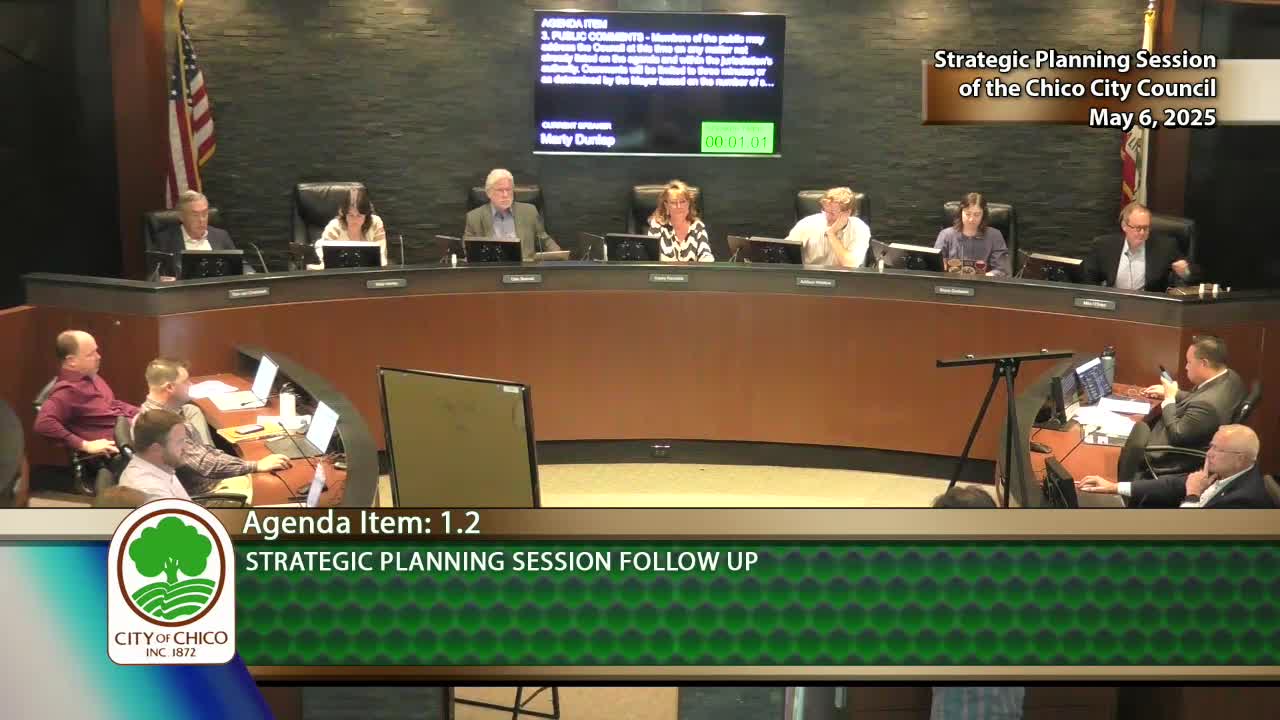Article not found
This article is no longer available. But don't worry—we've gathered other articles that discuss the same topic.
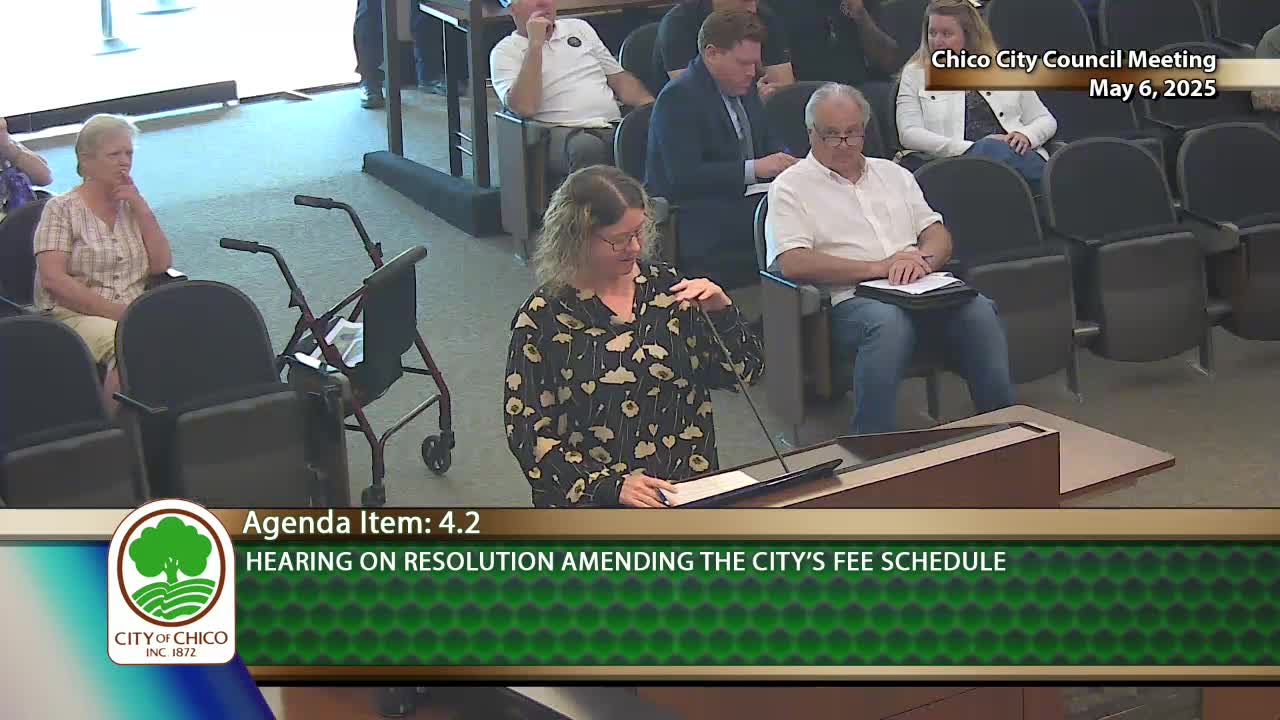
Developers urge council to delay steep fee increases; council sends major transport and stormwater fees back to finance
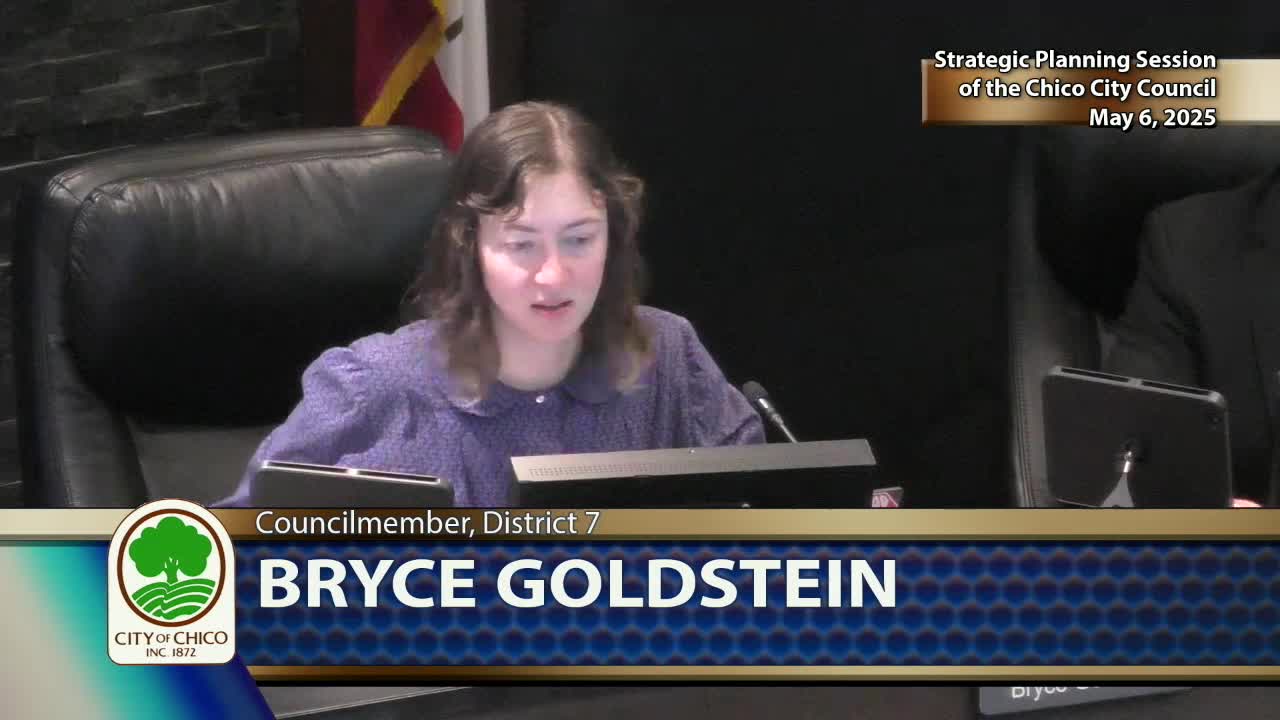
Council adopts emergency ordinance restricting open‑flame warming appliances and outdoor barbecues; permits required for some public uses
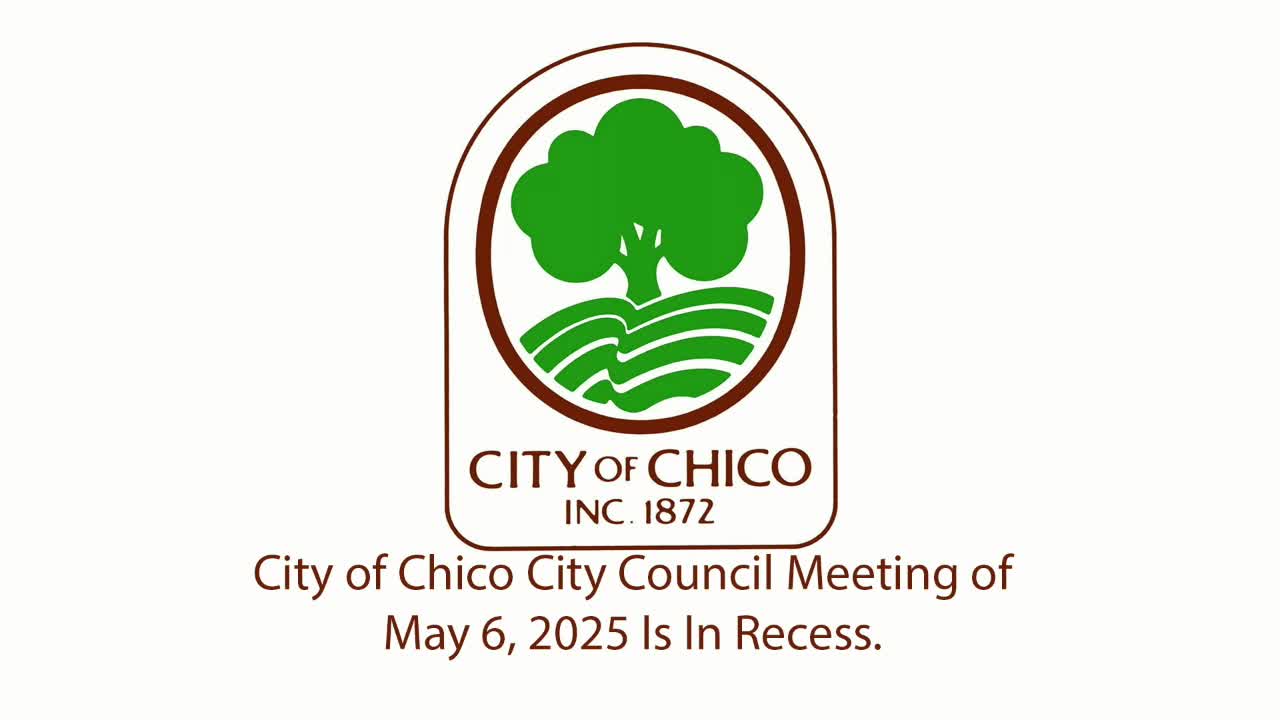
Council asks engineering to design quick‑build protected bike lanes on West Sacramento and Warner to improve safety near Chico High and CSU Chico
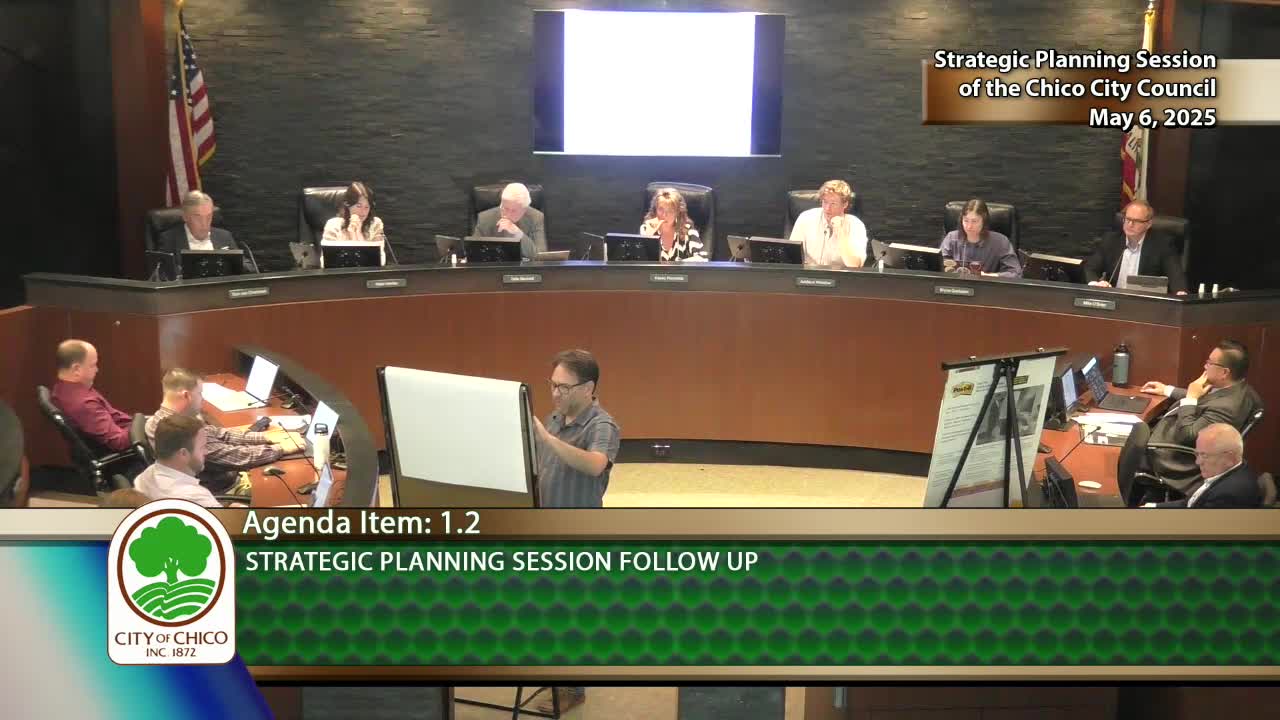
Council introduces ordinance adopting Cal Fire hazard severity map for Chico; staff flagged additional local high‑risk areas to revisit when state guidance is明确
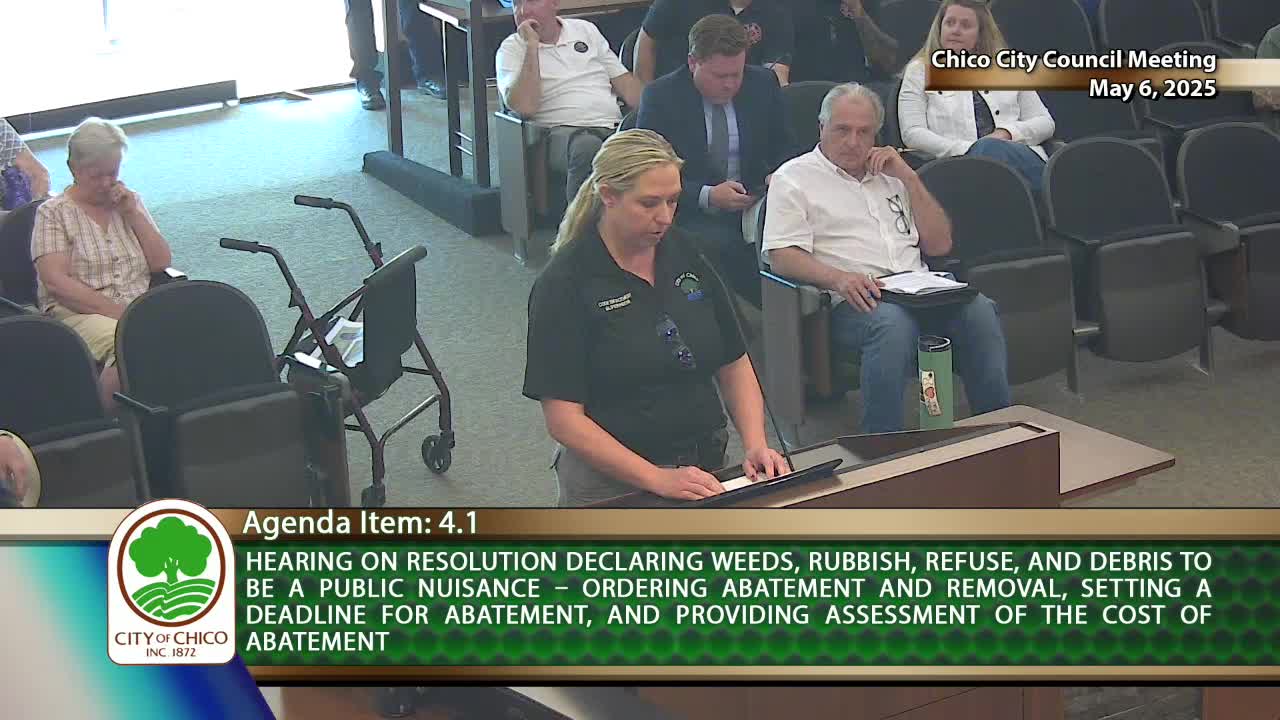
Council adopts annual weed‑abatement resolution, sets June 1 deadline for voluntary compliance
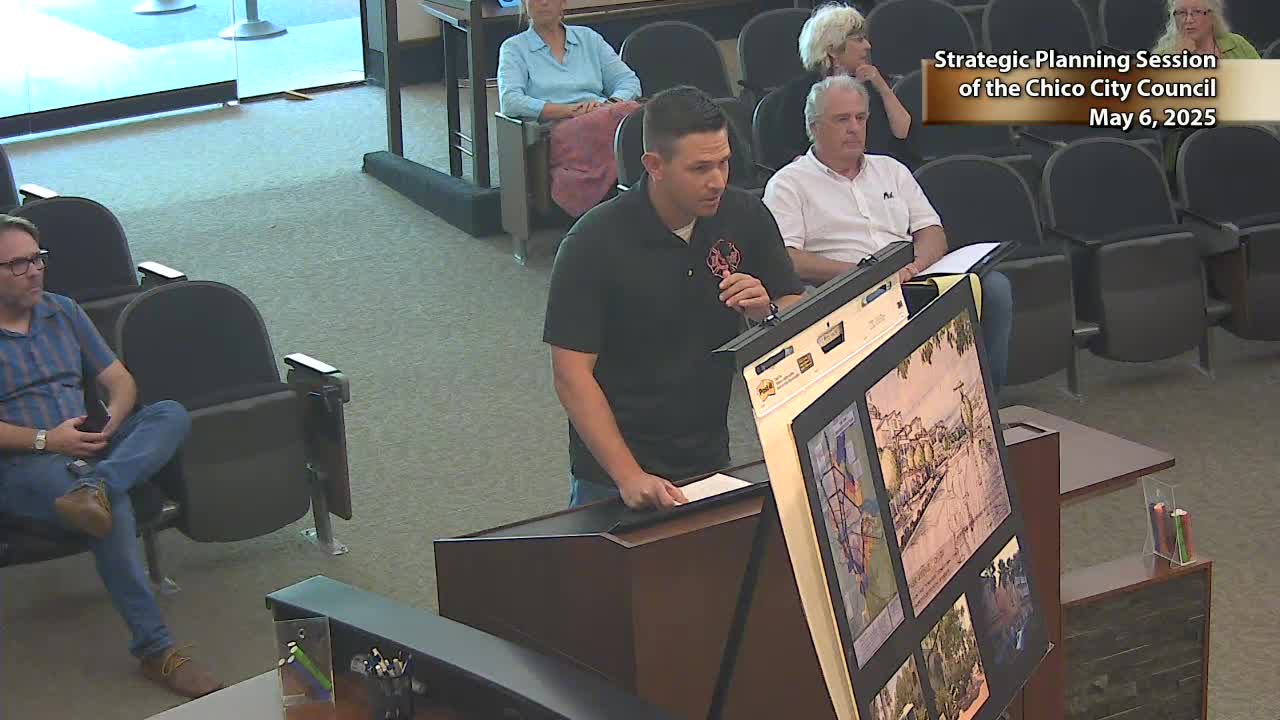
Firefighters urge council to restore Chico Fire Department staffing; residents cite response gaps
